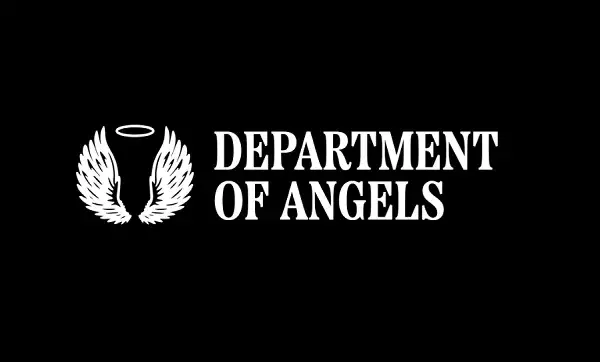The recent California wildfires have left a trail of destruction that extends beyond physical loss; they have affected lives, ecosystems, and the communities that inhabit these vulnerable areas. As the ashes settle, an urgent question arises on how communities can rebuild and recover from such widespread devastation. Within this urgent landscape, Snapchat has stepped forward with a significant financial commitment aimed at restoring the fire-impacted areas of Los Angeles, where the company was born and raised.
In the aftermath of the disaster, Snap CEO Evan Spiegel issued a heartfelt open letter that underscored the company’s emotional investment in the community. Following this, a pledge of $5 million was made, showcasing a commitment that transcends business interests. Furthermore, the announcement of an additional $10 million towards a new initiative, dubbed “The Department of Angels,” marks a significant pivot from corporate philanthropy to a more community-centered approach. This initiative symbolizes not just financial investment, but a commitment to empowering community voices in recovery efforts.
The Department of Angels is not merely a reactive measure; it represents a thoughtful engagement with local communities affected by the wildfires. The initiative emerges from substantial dialogue with survivors, disaster specialists, and community leaders who collectively emphasize the need for local voices in recovery planning. By coupling this grassroots approach with financial resources, the Department of Angels signifies a distinct departure from traditional disaster recovery models, which often impose top-down solutions that may not resonate with the unique needs of affected individuals.
Empowering Local Voices in Recovery
One of the key tenets of the Department of Angels is to facilitate active participation from community members in shaping their recovery paths. This initiative underscores an understanding that local residents possess invaluable insights that can steer more effective and relevant recovery strategies. By providing resources and project management assistance, the Department of Angels aims to assist communities not just in rebuilding physical infrastructure, but in fostering resilience and self-determination—qualities necessary for long-term recovery.
While it is important to emphasize that the Department of Angels operates independently from Snapchat, the company’s foundational ties to Los Angeles lend it a unique and compelling narrative. The reality that Spiegel’s family home and workspace has been impacted adds an emotional layer to the initiative that is often absent in corporate-sponsored ventures. It underscores a palpable connection between the founders and the communities they seek to empower.
As communities grapple with the impact of devastating wildfires, Snapchat’s initiative represents a proactive step toward collaborative recovery. By prioritizing community involvement and offering substantial resources, the Department of Angels serves as a model that other organizations may look to emulate in disaster recovery efforts. In an era where the intersection of technology, community engagement, and corporate responsibility is increasingly scrutinized, Snapchat’s thoughtful involvement may spark a much-needed conversation on how tech companies can authentically support the communities that shape them.


Leave a Reply